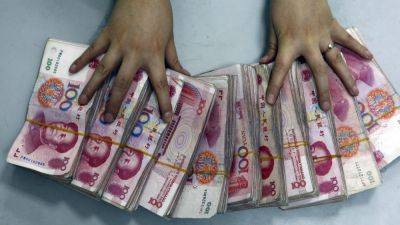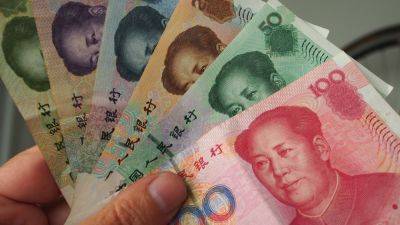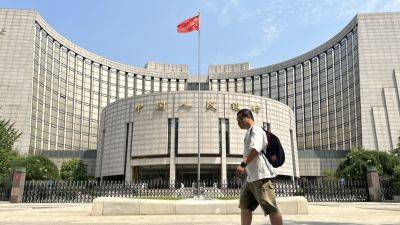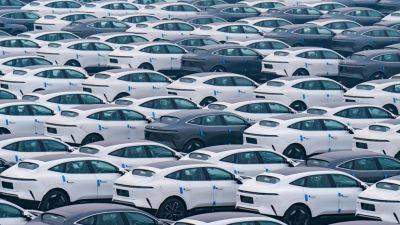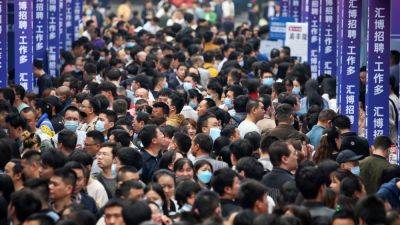India rules out joining world’s largest trade deal, accuses China of 'very opaque' trade practices
India's commerce minister rejected the idea of joining the Regional Comprehensive Economic Partnership, the world's largest trade deal, maintaining that it is not in the country's interest to be part of a free trade agreement with China.
"India is not going to join the RCEP because neither did it reflect the guiding principles on which ASEAN was started, nor is it in the nation's interest to do a free trade agreement with China," India's Minister of Commerce and Industry Piyush Goyal told CNBC's Tanvir Gill in an interview.
The RCEP deal was signed in 2020 by 15 Asia-Pacific countries — which makes up out 30% of global GDP — and came into force in January 2022. The countries are the 10 members of the Association of Southeast Asian Nations, and five of their largest trading partners, China, South Korea, Japan, Australia and New Zealand.
Negotiations for the RCEP started in 2013 and initially included India, which some members viewed as a counterbalance to China. However, in 2019, India chose not to join RCEP, citing unresolved "core interest" issues. Back then, India did not expand on what some of those core unresolved interests were.
Goyal noted that at that time, India already had a free trade agreement with ASEAN, Japan and Korea, as well as a bilateral trade with New Zealand worth $300 million.
"It was not in our farmers' interest, RCEP did not reflect the aspirations of our small and micro medium industries and sector, and in some form, was nothing but a free trade agreement with China," he said.
"When you see from the lens sitting outside the country, you don't realize how difficult it is to compete against a non-transparent economy," the minister continued, in reference to China.
"Certainly nobody back home would like to


